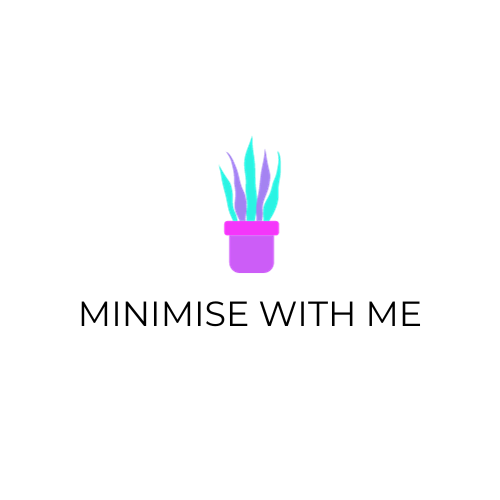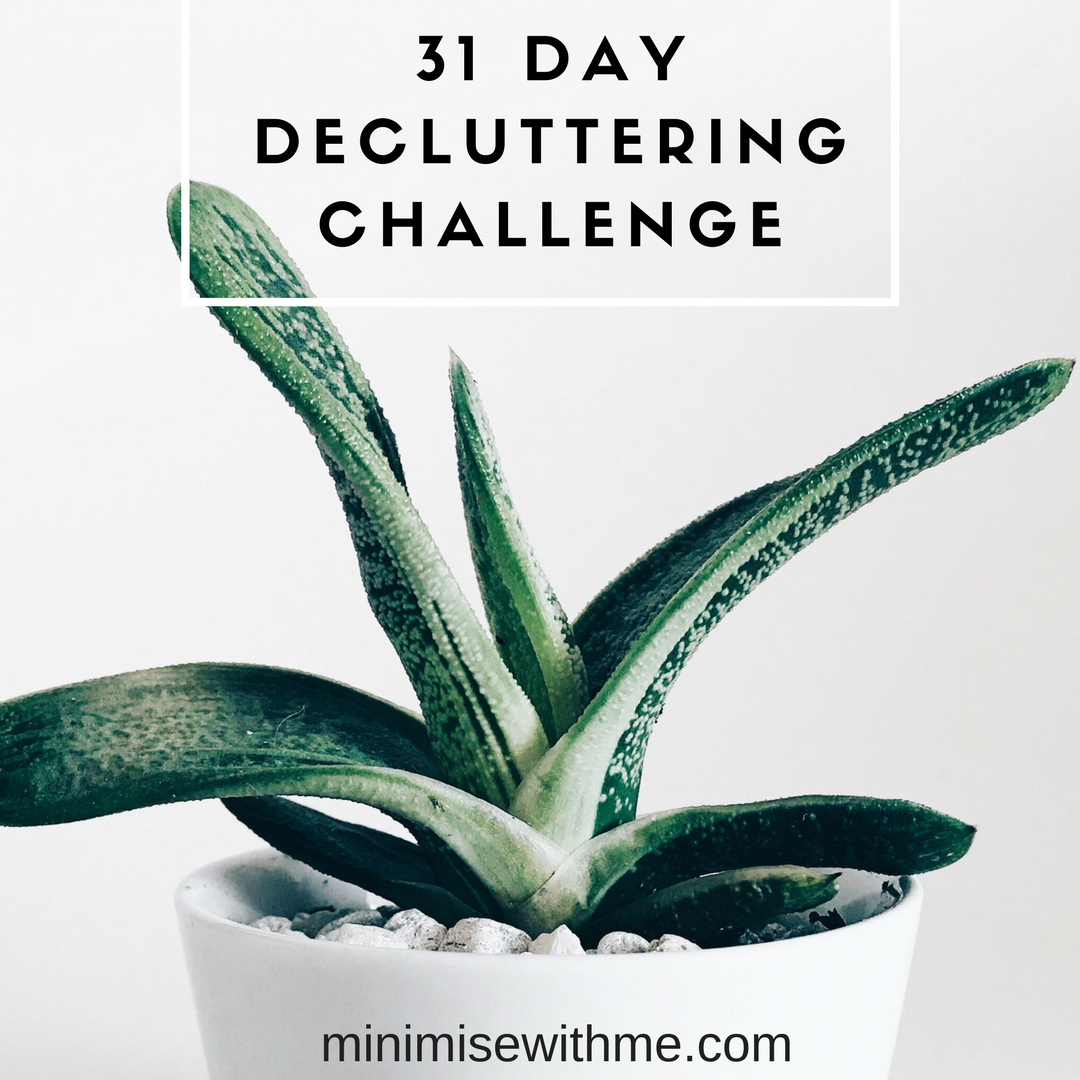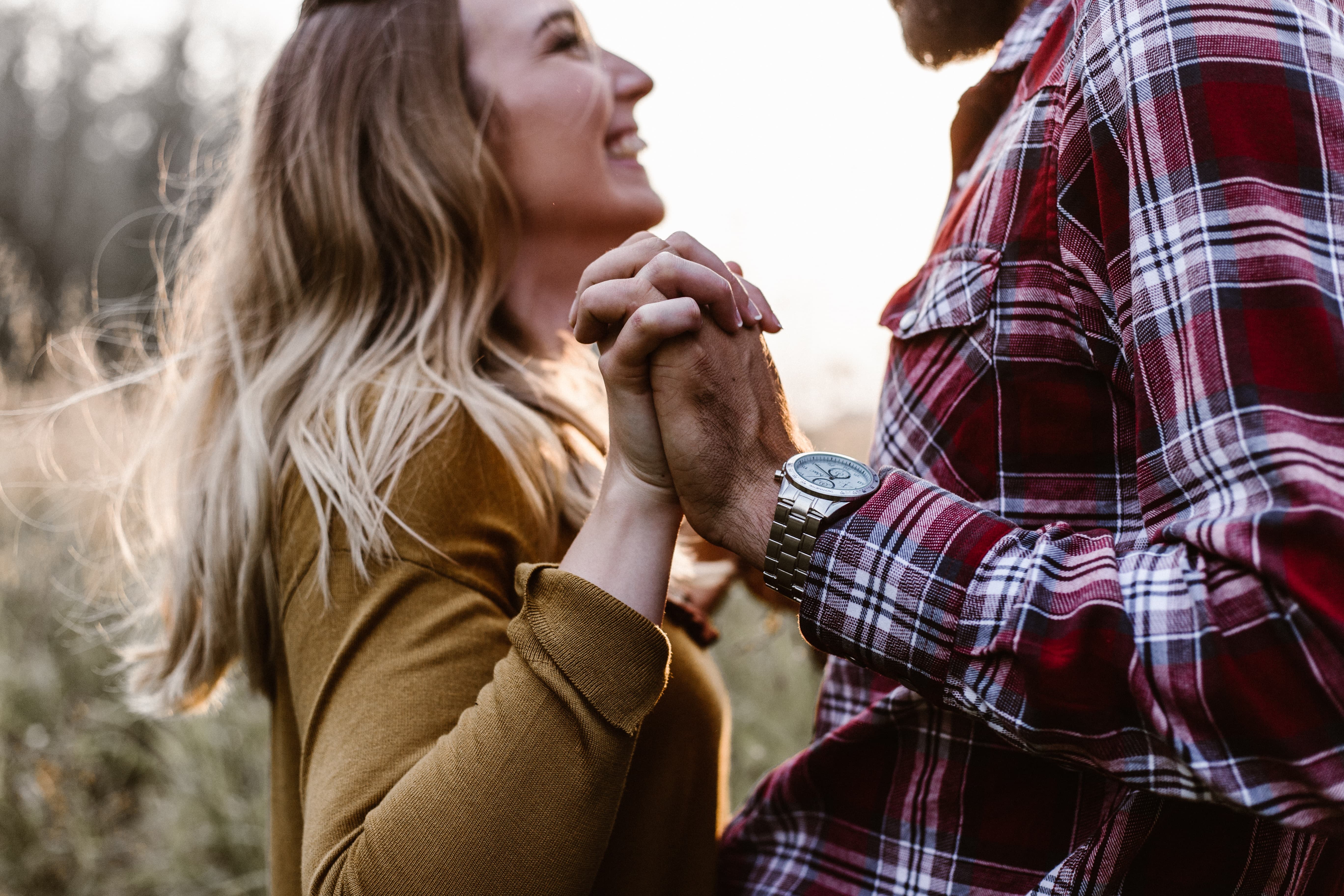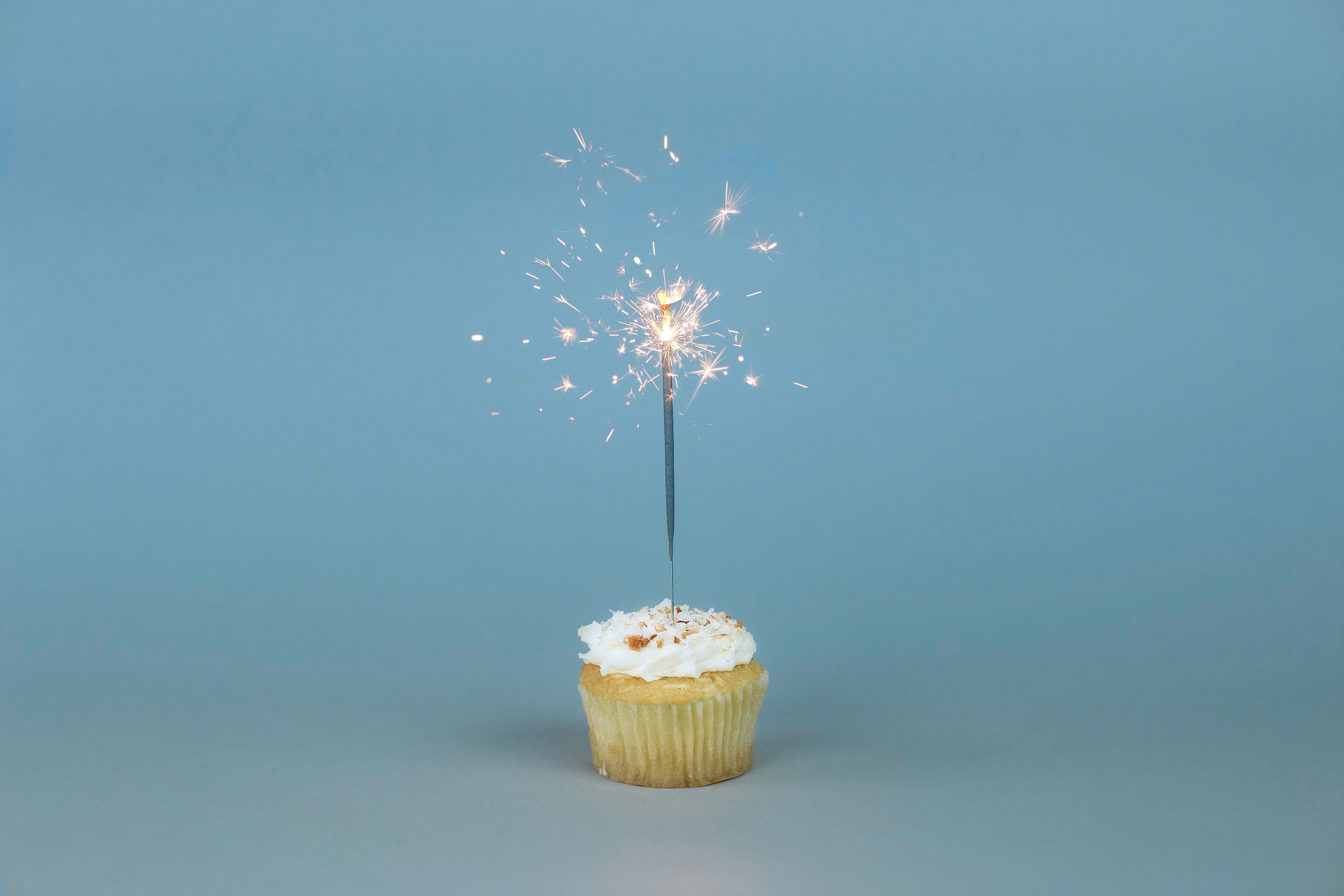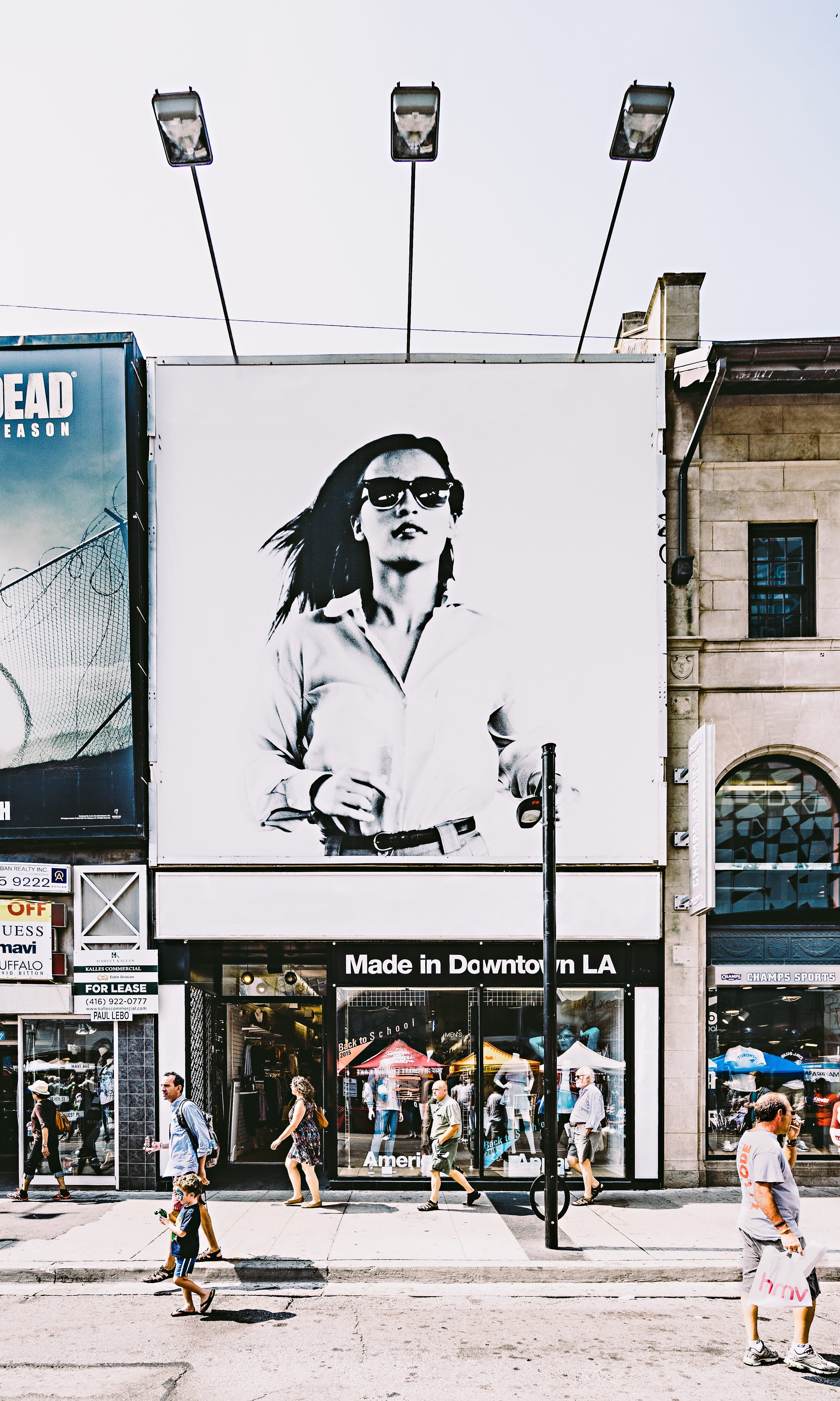Today’s post My Minimalism Journey is an extra special one. It is in celebration of my blog Minimise With Me’s one year anniversary! *blows party horn* If you had told me two years ago that I would start my own blog in twelve months I would not.have.believed.you. But here I am and I couldn’t have had more fun! It’s been a huge year of growth for quiet, introverted me but I’m keen to keep pushing myself out of my comfort zones, find ways to share the things I have learnt with others and connect with other people on their journey to simplify.
I figured Minimise With Me’s one year anniversary would be a great time to share My Minimalism Journey, How I discovered the benefits of a life of less and how Minimalism has positively influenced my life. My Minimalism Journey kicked off about three years ago when I was in my late 20s. At least, that is when I first came across the term, Minimalism. I’d say that I’ve always had a tendency towards this lifestyle, even before I knew it existed. Finding it just made the pieces fit together 🙂
When I was young my parents didn’t raise us to be minimalists or the other side of the spectrum, materialists. We were fairly balanced. They didn’t shower us with gifts and toys but ensured we had what we needed, but nothing in excess. My brother and I looked after what we had and appreciated it, we knew what we had had to last and took pride in looking after our stuff. I watched as friends and cousins would get the latest awesome gadgets for Christmas; Game Boys, new electronic toys, the Nintendo 64 and all the best games and somewhat felt like we were missing out. We did of course eventually get a Sega Master System, PS One and even an N64 ourselves, but only long after their release.
By about the age of thirteen, a time when most teenagers have endless wants, I was a little different. I couldn’t think of anything to ask for as my birthday or Christmas rolled around, so I’d end up asking for money instead so I could pick out my own gifts rather than have something I didn’t like. I’d hit the shops with my mum or friends trying to find something to buy with my birthday cash. This usually ended up with me finding very little that I felt was worthy of my money and I would often just end up saving it until I could find something more worthwhile later on.
I was fourteen when my parents separated and I moved with my brother and mum to a nearby suburb. My mother did her best to provide our basic necessities as a single mother, but I realised quickly if I wanted anything; new clothes, bus money, a phone to go on school camps or out with my friends, I was going to have to find my own way of paying for it.
I set out to find myself a job as soon as I turned fifteen and landed my first job not long after as a Check Out Assistant at my local Coles. I was so excited to finally have some money of my own that I could spend as I pleased. I recall one of my first thoughts was about how I could buy a new pair of skate shoes each week if I wanted to and finally afford brand name clothing I was never able to ask for. Soon enough I was spending my time at shopping centres with friends after work, on my lunch breaks and weekends and progressively developed a hobby of shopping.
This was fine when I managed to work regular shifts, but became an issue when I didn’t. I remember some weeks I was only rostered on for 1 four hours shift that week and was worried about making my money last until the next pay period. After getting a phone call to do extra shifts that week, knowing my pay was much going to be higher than expected, I would go out and spend my savings buffer before I had even done my shift. One week I actually got caught out, my newly added shift was cancelled and I had already spent most of my bank balance.
It was the start of behaviour which eventually lead me on a path of wasteful spending and non-mindful consumption. Usually this impulsive spending was on clothes that I would never wear or didn’t need. My prior passion for saving and planning for the future took a back seat to buying the latest Target or Kmart bargains.
Related Post: 17 Ways to Reduce Mindless Consumption in Your Life
I got a second job when I was at Uni working three days as an Accounts Officer on top of my Coles job and was earning decent money for someone living at home with their parents, although I still had very little to show for it. As someone that used to be a keen saver this really bothered me. I couldn’t for the life of me even think about what I had spent all my money on other than a few possessions.
Luckily by my early twenties, and after getting my first full-time job as an Assistant Accountant, I had something new to motivate me to save; my very first home. At this point I had been dating my now husband, Doug, for a couple of years and we had talked about moving into our own house together. As soon as Doug finished university and got a full-time job, we both started saving for our first home. Within the space of 2 years we managed to save enough for a first home deposit.
We moved into our first home when I was 25 and began to accumulate the necessary items… well what we thought was necessary. In the year prior to moving out I’d started to buy things for when I moved out: towels, cutlery, plates sets, bedding, decorations and the like. Upon moving in we were also given house-warming gifts of more towels, utensils, bed linen and other items. Before we knew it, we’d filled every cupboard, drawer, shelf, container – everything. It’s truly amazing when you can move with two bedrooms of stuff to fill a four bedroom house in such a small space of time! But that is exactly what happened.
I was soon to have the worst years of my life. My Grandfather passed away after a long health battle and I lost my Grandmother nine months later. Whilst dealing with our grief we had the emotionally heart breaking task of going through their four bedroom home and sorting through their life’s possessions. There is nothing that can prepare you for the emotional experience of going through someone’s worldly possessions but soon enough, I along with my dad, brother and other family members found ourselves facing this difficult task.
My grandmother had a love of shopping from Avon catalogues and Pop, was an avid collector. Both being brought up in the 1930s meant that they kept everything. As I went through my nan’s cupboard and drawers, I found so many brand new things she had bought from Target or Avon that were still in their original packaging. So many handbags, dressing gowns, pyjamas, shoes, singlets and socks she’d never used. I imagine she had been saving it for a special occasion, which had never come. It made me sad to think of all the lovely things she’d bought but never felt the day was worthy enough to wear them. I went home vowing that day that every day would be special and I wouldn’t save everything for a day that may never come. I would use the expensive candles and fancy soaps, the nice towels and good stationery.
We had to sort through room after room of trinkets and belongings trying to decide which ones to keep or donate and which ones were the most meaningful or sentimental to our grandparents. I wished for a small note about what was important to them and why, to help us to know what was valuable and sentimental to them, but that was left for us to decode. It took us three weekends to sort through everything and my brother and dad spent even more time there than that. There were countless skips hired, filled and refilled. I knew after that experience I never wanted my stuff to weigh anyone else down or be a burden to them when I was gone.
Strangely, after this emotionally difficult experience, it was still not this event that made me stumble upon Minimalism although it certainly helped make everything come together when I did come across it.
Fast forward a couple more years and at 28 I was a newlywed, living in my humbly beautiful home with my husband. I had checked all my boxes; I was working as an Accountant, had recently completed my CPA, just had our perfect wedding, an amazing honeymoon travelling through Europe and were surrounded by great friends and family, but something still felt like it was missing and I couldn’t understand why.
I no longer had planning a wedding or studying year after year to distract me. With no new life achievements to tick off there was time to think. I found myself wondering what was next? I had hoped these achievements would lead me to fulfillment and happiness. But instead found that I was stressed, overwhelmed and felt like I wasn’t living up to my potential. Most importantly, I wasn’t sure what my passions were anymore.
One day I was in my bedroom getting some clothes and started struggling with an overcrowded drawer and somehow the stress of that seemingly unimportant situation got to me. I threw the drawers contents on the bed and started sorting through the pile. As I went through the stash of shorts I was amazed to see things I owned that I didn’t even know about. Some still with their tags attached. I discovered three pairs of black shorts that were more or less identical. I had two more in other colours. All five I had not worn more than once – if ever. I couldn’t believe I had all these random clothes cluttering up my drawers, causing me stress and why? Because they had cost me $20 two years ago? Because I was planning to wear them one day? It suddenly seemed so ridiculous!
After working through my drawer, I opened the next one and saw the same thing. Too much stuff. Another ridiculously overflowing drawer that had also been driving me crazy for years. I threw its contents on the bed and before I knew it I had two decluttered and spacious drawers. Something I hadn’t had since I could remember. I felt a little calmer and less stressed.
Not before long I’d moved onto the wardrobe to tackle my then fifty odd shoe collection Next I went through and decluttered my collection of 50 dresses (can you see a pattern here?) Fifty dresses for a girl that wears a dress a handful of times a year. I noticed a pattern with each drawer, shelf, cupboard. I had too much and couldn’t possibly wear what I had in a year, let alone have any idea what I even owned.
I was overcome with a need to clear the clutter and was soon going through all of our home. Clothes were just the starting point. I cleared our counters which had been the bane of my existence for so long. We could finally use them for their intended purpose – to cook. I cleared out our pantry so we could actually see what food we had and what we needed to buy rather than just guessing. Soon Doug was also on board the decluttering bandwagon and gradually threw out old clothes and shoes and eventually let me clear out his office of excess stuff. Not a drawer, shelf or cupboard was left untouched.
I was sick of having drawers filled to the brim and trying to shove them closed. Sick of going out on a Saturday night in a stress trying to pick an outfit that I liked and that fit and not in some last minute panic to do something as basic as get dressed! Over getting home from the supermarket and trying to cram more food into our packed pantry and fridge where nothing had a place.
I didn’t realise at the time, but all of these things were causing me stress and anxiety. It felt amazing to get rid of the excess in our home and make space for the essential. Each day that went by I began to feel less and less stressed. I didn’t know how one moment of frustration with a jam packed drawer could lead me down a path of self discovery but here we are.
I was keen learn more and started researching organising and decluttering tips. One day on my lunch break, on a Pinterest scrollathon I came across the term Minimalism. After falling down the rabbit hole I’d come across Josh and Ryan from the Minimalist’s Ted X Talk. That Ted Talk spoke volumes to me.
I realised how much my stuff had been weighing me down and how I needed to value experiences more and find what my values were. I’d been living my life following this path set by others and didn’t realise I could take another route. My minimalism journey had officially started.
I was drawn to the idea of curating a more intentional life. Not just in terms of having less stuff, or only having things I loved around me, but to value my time more. To learn to say no to things that I didn’t enjoy. Set new boundaries for relationships in my life that were negative or draining. To worry less about how I fit in with those around me and just do what makes me happy.
Looking back, I had been a bit of a Minimalist at heart this whole time.
I always appreciated heartfelt gifts over ones that cost a lot of money. Some of my favourites over the years were a towel friends had written favourite quotes from our Uni days on, a large jar my friend had hand-picked lollies I loved to fill it with (#lollyaddict), and when my husband and I bought each other the exact same block of chocolate for our anniversary.
For my 30th instead of blowing crazy amounts of money on a big party, I instead had a casual dinner with family and friends and requested for people to pay for their own meal in place of gifts I didn’t need and instead of paying for a big party, I put our money towards our first trip to New Zealand which are memories we could look back on forever.
I had watched other people in my family struggle with debt and the stress it caused and negative health impacts and as a result was very conscious of getting into debt. In the back of my mind, I always knew that I would rather have less stuff and my health, than to have more and the stress that comes with that. Things like bigger repayments, longer hours, anxiety and sleepless nights.
About a year before even discovering Minimalism I walked away from my second casual job at Coles that I had maintained for extra cash.
Instead of relaxing and preparing myself for the work week ahead I would be rushing off to work from 6-11pm most Sunday nights. At the time I justified the lost time with the extra money I was bringing home to add to our savings, and I did enjoy my job and the people I worked with – it wasn’t like I hated being there.
Although I only spent five hours at work, I spent and additional hour travelling there on top of getting ready for my shift. I also lost time to prepare for the week ahead or to chill out and watch a movie. Most Sundays I wouldn’t plan much because I knew at 5pm I had to rush off to get home in time for work so this small shift was impeding my weekend plans and mental thought process as I only had one day a week to switch off.
Eventually I realised that I valued my time more than the money and resigned.
Discovering minimalism made everything come together and I knew I was on the right path. I was so excited to see there was another way to live life and there were so many examples to learn from.
Josh and Ryan’s escape from the corporate world, Joshua Becker’s journey to simplifying so he had more time with his family, and Courtney Carver taking control of her stress in the face of illness to name a few favourites. Their stories instantly resonated with me.
I loved the idea of investing in personal growth, contribution, experiences and relationships over chasing more money and acquiring more stuff – where you could say no to more money, responsibilities and stress that often came at the expense of your time with loved ones or freedom.
Before Minimalism I’d buy something just because it was on sale and too cheap not to (what does that even mean?!). I bought things on impulse and thought about what I would use it for later. I had an overwhelming schedule that left no time for me and was slowly impeding m health.
Minimalism has helped me to reduce wasteful spending so I can use my money for things that bring me joy, such as travel. Simplifying helped me pare back my crowded schedule so there was more downtime and less stress. It reinforced how much debt can weigh you down and inspired me to find ways to reach freedom from debt sooner.
It taught me to look at the bigger picture in life. Not just how cheap something is, or how much it pays. I now consider if it is something I need, truly want, and if it aligns with my values.
Over the space of two years I had donated, cleared and sold over half of our belongings and I didn’t miss any of it.
Related Post: How I Discovered Financial Stability Through Minimalism
In February of 2017, I decided it was now or never and decided to take my minimalism journey to a new level and started my blog Minimise With Me with a lot of support from my husband and friends. After seeing the benefits Minimalism brought to my life, I wanted to share those with others. For a long time I considered this idea, and it took a year of soul-searching to get the courage to acknowledge how much I wanted to help others. Not following my passion or need for growth and contribution was no longer an option.
I feel like discovering Minimalism and my minimalism journey has opened up my whole future to a new way of thinking. For the first time in a long time I have an insatiable desire to learn, grow and experience as much as I can. I want to encourage others to find their passion in life and the joy in each day and the benefits of less excess and more essential.
